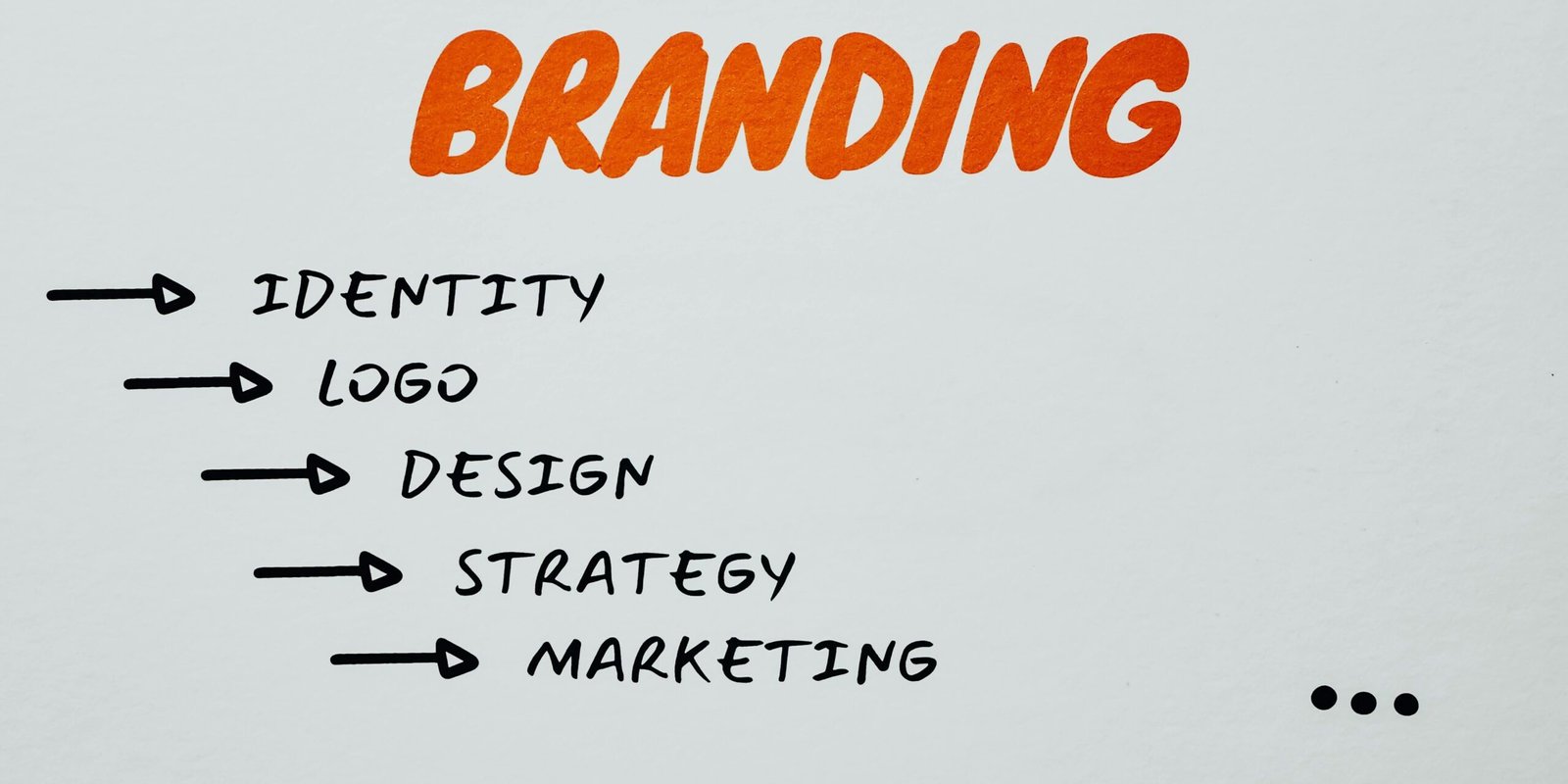Social Media Background Checks
Navigating the Digital Age of Screening
Social Media Background Checks: Navigating the Digital Age of Screening
In the digital age, social media has become an integral part of our lives, influencing how we communicate, interact, and even perceive others. This omnipresence of social media has led many employers and individuals to consider social media background checks as part of their vetting process. However, conducting these checks requires a careful balance of thoroughness, legality, and ethics. In this comprehensive guide, we will explore the intricacies of social media background checks, their benefits and drawbacks, best practices, and legal considerations to help you navigate this complex landscape.
Understanding Social Media Background Checks
What is a Social Media Background Check?
A social media background check involves reviewing an individual’s social media profiles and activities to gather information that can be relevant to employment, tenancy, or other forms of vetting. This check typically includes platforms such as Facebook, Twitter, LinkedIn, Instagram, and others, examining posts, photos, comments, connections, and overall online behavior.
Why Conduct Social Media Background Checks?
Social media background checks can offer valuable insights for several reasons:
- Character Assessment: They provide a window into an individual’s personality, values, and behavior outside of a formal setting.
- Red Flag Identification: These checks can reveal potential red flags such as inappropriate behavior, discriminatory comments, or evidence of substance abuse.
- Cultural Fit: Understanding how a candidate interacts online can help determine if they align with the company’s culture and values.
- Verification of Information: They can verify or contradict information provided in resumes or interviews.
The Benefits of Social Media Background Checks
Comprehensive Insight
Social media profiles can provide a more comprehensive picture of an individual beyond their professional qualifications. Employers can gain insights into a candidate’s interests, hobbies, and social interactions, which can be beneficial in assessing their overall fit for the organization.
Early Warning System
Conducting social media background checks can serve as an early warning system for potential issues. For instance, evidence of inappropriate or unprofessional behavior online can indicate potential problems in the workplace.
Publicly Available Information
Most social media checks rely on publicly available information, making it a non-intrusive method of gathering additional data about a candidate. This can be a cost-effective and efficient way to complement traditional background checks.
The Drawbacks of Social Media Background Checks
Privacy Concerns
One of the primary concerns with social media background checks is privacy. Individuals may feel that their personal lives are being unfairly scrutinized, leading to discomfort and mistrust.
Potential for Bias
Social media checks can introduce bias into the hiring process. Employers might be influenced by personal information unrelated to job performance, such as political views, lifestyle choices, or other private matters.
Incomplete or Misleading Information
Social media profiles may not provide a complete or accurate representation of an individual. People often curate their online presence, and some may share misleading or exaggerated information.
Legal Risks
Improper use of social media background checks can lead to legal risks, including discrimination claims and violations of privacy laws. Employers must navigate these checks carefully to avoid legal pitfalls.
Best Practices for Conducting Social Media Background Checks
Develop a Clear Policy
Before implementing social media background checks, develop a clear and consistent policy outlining the purpose, scope, and limitations of these checks. Ensure that the policy is communicated to all stakeholders involved in the hiring process.
Obtain Consent
Always obtain explicit consent from candidates before conducting social media background checks. Inform them about the scope of the checks and the types of information that will be reviewed.
Focus on Relevant Information
When conducting social media checks, focus on information that is relevant to the job role or the vetting purpose. Avoid delving into personal matters that do not impact job performance or suitability.
Use a Third-Party Service
Consider using a third-party service to conduct social media background checks. These services specialize in collecting and analyzing social media data while ensuring compliance with legal and ethical standards.
Standardize the Process
Standardize the process for social media background checks to ensure consistency and fairness. This includes using the same criteria and methods for all candidates and documenting the findings.
Train HR Personnel
Provide training for HR personnel on how to conduct social media background checks ethically and legally. This includes understanding privacy laws, avoiding bias, and interpreting social media data correctly.
Legal Considerations for Social Media Background Checks
As per Data Protection Act, background checks in Kenya can only be conducted after informing and getting written consent from the job applicants. An applicant has a full right to object to it.
State and Local Laws
State and local laws may impose additional restrictions on social media background checks. Employers should familiarize themselves with relevant laws in their jurisdiction to ensure compliance.
Social Media Platform Policies
Social media platforms have policies regarding the use of their data for background checks. Employers must adhere to these policies to avoid violations and potential legal issues.
Ethical Considerations for Social Media Background Checks
Respecting Privacy
Respecting candidates’ privacy is paramount when conducting social media background checks. Focus on publicly available information and avoid invasive methods such as “friending” candidates to access private profiles.
Avoiding Discrimination
Ensure that social media checks do not lead to discriminatory practices. Avoid making hiring decisions based on protected characteristics or personal beliefs unrelated to job performance.
Maintaining Confidentiality
Handle all information obtained through social media background checks with strict confidentiality. Share findings only with those directly involved in the hiring decision and ensure that data is stored securely.
Implementing Social Media Background Checks: Step-by-Step Guide
Step 1: Define Objectives and Scope
Clearly define the objectives and scope of social media background checks. Determine what information is relevant and how it will be used in the decision-making process.
Step 2: Develop a Policy
Create a comprehensive policy outlining the procedures, responsibilities, and ethical guidelines for conducting social media background checks. Ensure that the policy complies with all applicable laws and regulations.
Step 3: Obtain Consent
Before conducting any checks, obtain explicit consent from the candidate. Provide them with a clear explanation of the process and the types of information that will be reviewed.
Step 4: Conduct the Check
Perform the social media background check, focusing on publicly available information and relevant data. Use standardized criteria to evaluate the findings and document the results.
Step 5: Review and Analyze Findings
Review the findings in the context of the job role or vetting purpose. Analyze the information to identify any red flags or relevant insights, while avoiding bias and discrimination.
Step 6: Make Informed Decisions
Use the findings from the social media background check as one component of the overall decision-making process. Consider all available information, including traditional background checks and interviews, to make a balanced and informed decision.
Step 7: Notify and Document
If the social media background check results in adverse action, notify the candidate and provide them with a copy of the report. Document the entire process to ensure transparency and compliance with legal requirements.
Real-World Examples of Social Media Background Checks
Case Study 1: Corporate Hiring
A large corporation implemented social media background checks as part of their hiring process for executive positions. By reviewing candidates’ LinkedIn profiles, the company was able to verify professional achievements and endorsements. However, they encountered challenges when candidates’ personal views shared on Twitter led to potential bias. To mitigate this, the company refined its policy to focus solely on professional conduct and relevant qualifications, ensuring a fair and objective assessment.
Case Study 2: Tenant Screening
A property management company used social media background checks to screen potential tenants. By reviewing applicants’ public posts and interactions, the company identified behaviors such as hosting large parties and property damage, which were not disclosed in the application process. This additional layer of screening helped the company select tenants who were more likely to respect property rules and maintain a positive living environment.
Case Study 3: Educational Institutions
An educational institution conducted social media background checks on prospective students and staff. By reviewing applicants’ online behavior, the institution identified instances of bullying, discriminatory comments, and academic dishonesty. This information was used to make informed decisions that aligned with the institution’s values of integrity and respect.
The Future of Social Media Background Checks
Emerging Trends
- AI and Automation: The use of artificial intelligence and automation in social media background checks is on the rise. These technologies can quickly analyze large volumes of data, identify patterns, and flag potential issues.
- Enhanced Privacy Regulations: As privacy concerns grow, new regulations are likely to emerge, impacting how social media background checks are conducted. Staying informed about these changes will be crucial for compliance.
- Greater Transparency: There is a growing demand for transparency in the background check process. Candidates expect to be informed about what information is being reviewed and how it will be used.
Best Practices for the Future
- Continuous Learning: Stay updated with the latest developments in social media background checks, including new tools, technologies, and legal requirements.
- Ethical Standards: Maintain high ethical standards by respecting candidates’ privacy, avoiding discrimination, and ensuring confidentiality.
- Balancing Technology and Human Judgment: While technology can enhance the efficiency of social media background checks, human judgment remains essential for interpreting nuanced information and making fair decisions.
Conclusion
Social media background checks are a powerful tool in the digital age, offering valuable insights into an individual’s character, behavior, and suitability for a role. However, conducting these checks requires a careful balance of thoroughness, legality, and ethics. By developing clear policies, obtaining consent, focusing on relevant information, and adhering to legal and ethical standards, you can effectively navigate the complexities of social media background checks.
As the landscape of social media and privacy continues to evolve, staying informed and adapting your approach will be crucial. Implementing best practices and maintaining a commitment to fairness and transparency will help you make informed decisions that protect your organization and respect the rights of individuals.
- 44 views





